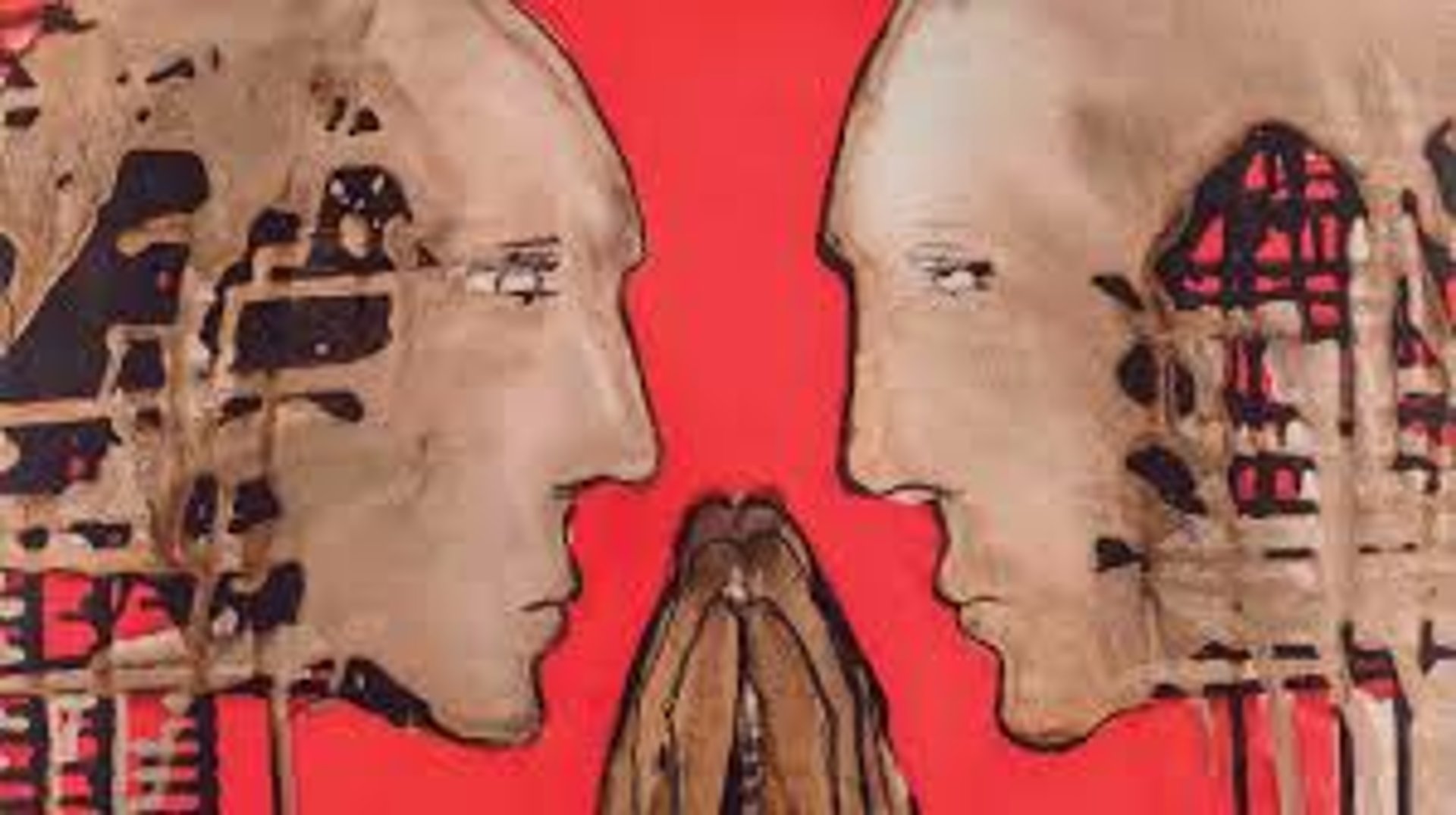
Holy Karbala - 16-17 April - 2025
Under the slogan
"For a Future Free of Pain"
Sponsored by the Al-Abbas Shrine, the UNESCO Chair at the College of Arts, University of Baghdad, and the Iraqi Center for Documenting Extremism Crimes, in cooperation with the Martyrs Foundation, the Political Prisoners Foundation, and the General Accountability and Justice Commission in the General Secretariat of the Council of Ministers, the annual international conference titled:
Memory of Pain in Iraq: A Century of Crimes, Genocides, and Violations
Most societies bear historical scars caused by authoritarian regimes, involvement in wars, and civil unrest stemming from intolerance, racial discrimination, or ethnic hostilities. The memory of pain is not merely a reading of ancient and modern historical records but rather a procedural process aimed at documenting sites of suffering, preserving the memory of painful places, and recognizing the heritage and forms of pain. This includes examining its psychological and social effects on surviving victims, as well as on the broader society encompassing these victims, their relatives, and friends. The objective is to safeguard the community's future from repeating similar experiences of pain.
Experiences of pain include genocides, mass graves, prisons, detention centers, torture chambers and tools, physical mutilation, psychological torture, illegal punishments, oppressive policies, forced displacement, confiscation of wealth and property, and enforced disappearances.
The archival documentation of pain is a relatively new subject in the fields of social and human studies. It proposes a historical approach distinct from traditional methodologies, which typically start by examining leadership, political ideologies, and dominant political theories from a top-down perspective. Instead, it adopts a realistic, inductive methodology beginning from the ground up. It is the methodology of daily life and its events, driven by a series of social, psychological, and economic causes.
